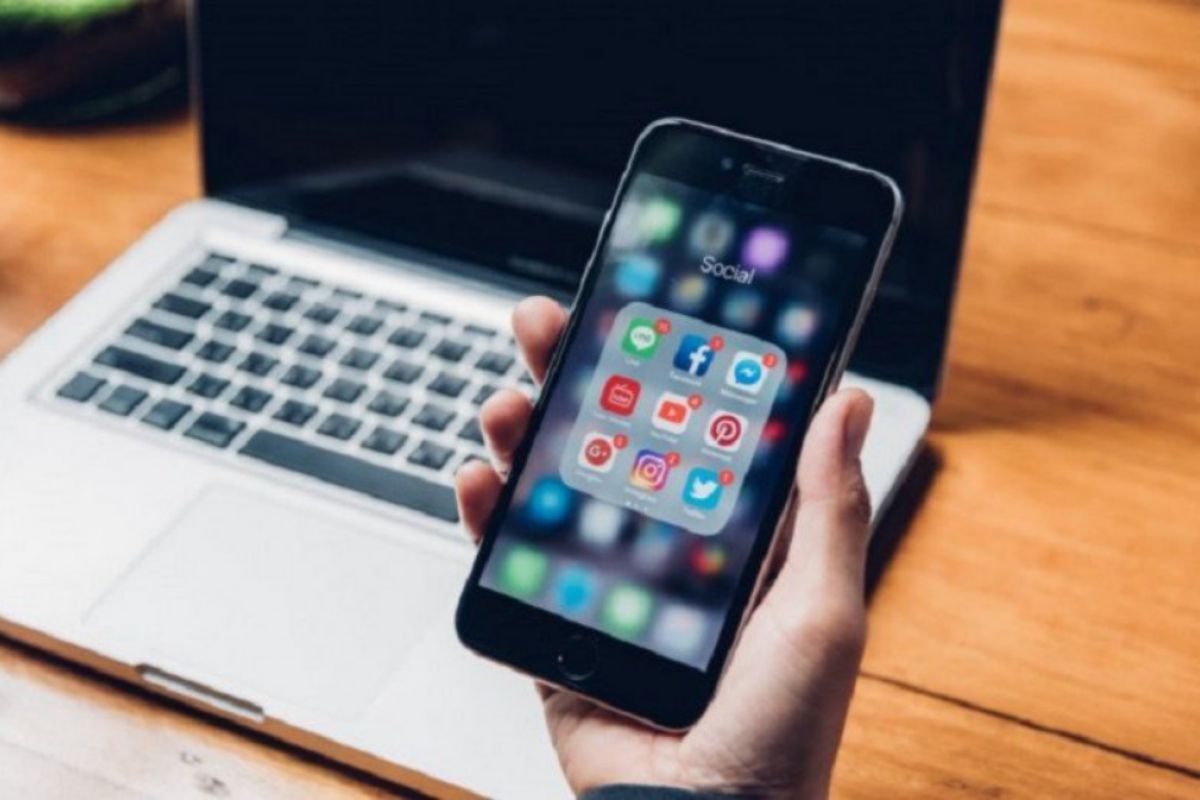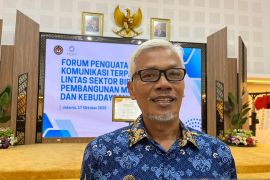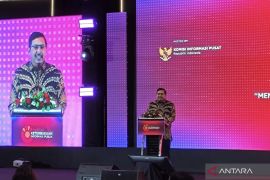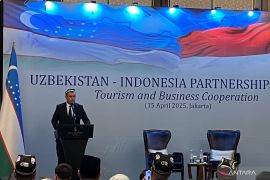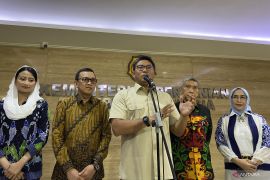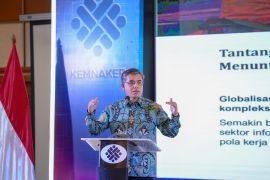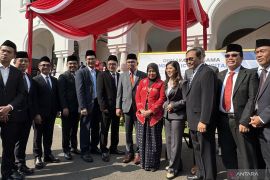Rony Primantoro made the remark in response to a message circulating on social media asking "Yogyakartans to unite together and cease uploading COVID-19 (related) news to (bring back) peace to the public and restore normalcy. Give us back our Yogya as it was, give us back Indonesia as it was".
He assured that the message did not originate from official sources.
"It seems like it has only spread among certain netizens, (it also has) certain intent too," he added.
He encouraged the public to ignore COVID-19 hoaxes, instead of shrugging off the validated truth.
"What actually has caused the public to worry, even become scared, are the massively spread hoaxes amidst the public (circulated) through many social medias," Primantoro elaborated.
People must share COVID-19 news from reliable sources, which details appropriate COVID-19 handling, he advised. Apart from being educational, such news can also boost the morale of those infected by the virus, he said.
Related news: VP Amin invites ulemas to protect people from COVID-19 disinformation
"I think (the messages) should be selected, which ones not to share, which ones need (to be shared). We do not need to spread provocative and worrying hoaxes, (as they are) lowering the immune (system)," he remarked.
Hoaxes can be identified in some ways, such as through their provocative wording and the use of social media as the means of delivery, he said. Social media users can also modify information and the content of messages before broadcasting them further, he pointed out.
"Although using (famous) names like a public figure or an official, (any information) still needs clarification because texts from WhatsApp can be edited," he emphasized.
On the other hand, the public has no need to distrust news from verified mass media sources, he added. He said he also expects the mass media to use appropriate wording to instill hope and boost the morale of the public, aside from providing information or COVID-19-related news.
Primantoro noted the rapid spread of hoaxes through social media, with 2,800 hoaxes circulated in the 17 months since the pandemic hit.
"Since the beginning of vaccination or more or less six months, there have been 700 hoaxes about vaccines. These (hoaxes have) affected the public's outlook (on vaccines), also their understanding with regard to COVID-19 handling," he pointed out.
Related news: Public should dismiss hoaxes and partake in vaccination program: MUI
Translator: Luqman Hakim, Mecca Yumna
Editor: Rahmad Nasution
Copyright © ANTARA 2021
